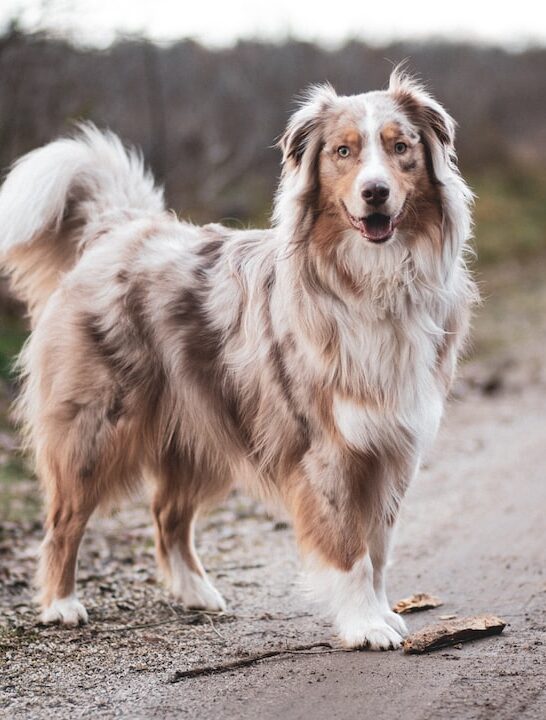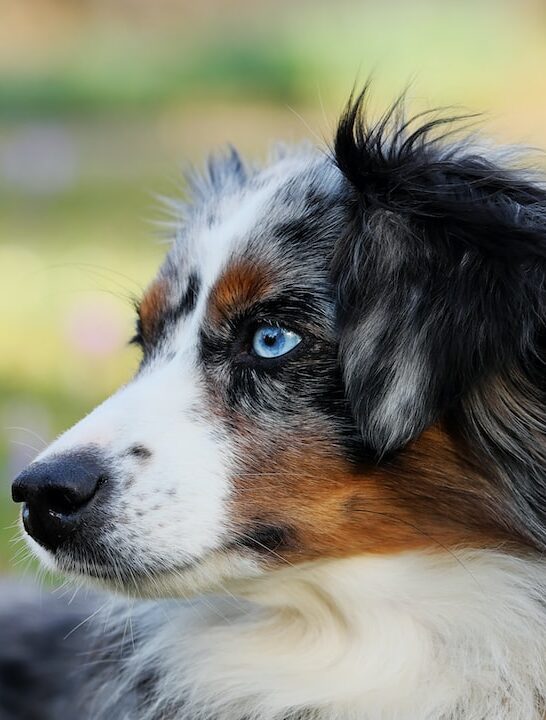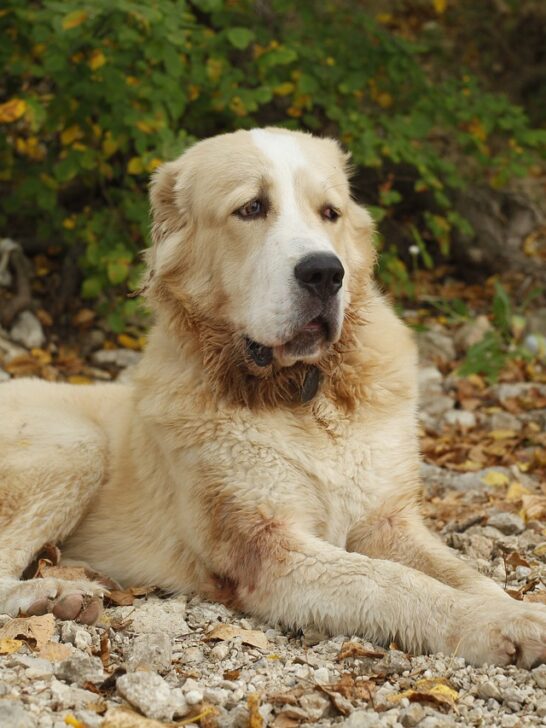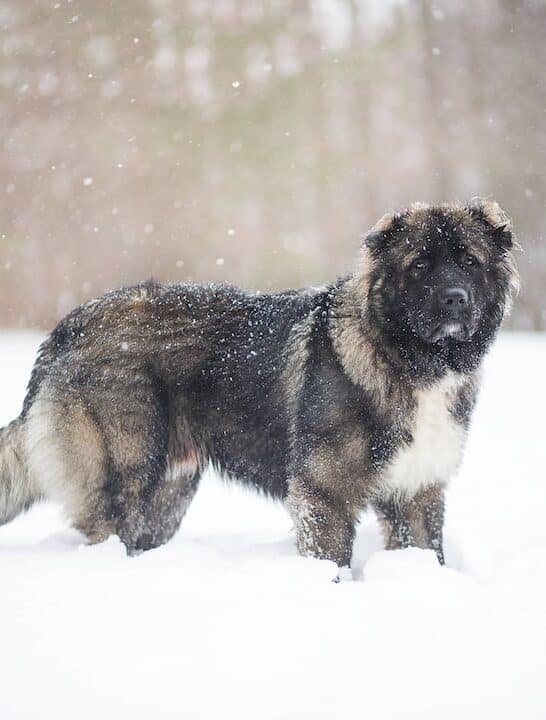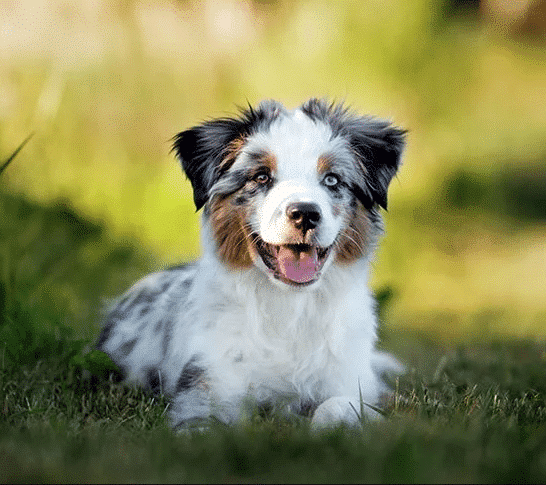Black Long-Haired German Shepherd Spotlight
There’s something undeniably majestic about a black long-haired German Shepherd standing tall and proud with its luxurious coat flowing in the wind. This remarkable breed has captured the hearts of dog enthusiasts worldwide, and it’s no wonder, as these stunning canines possess both beauty and intelligence.
The black long-haired German Shepherd is a truly unique and captivating creature, deserving of the spotlight. Boasting a dark, lustrous coat that sets them apart from their short-haired counterparts, these dogs showcase an air of royalty and elegance. Despite sharing the same lineage, their longer fur is a result of a recessive gene which adds an extra layer of intrigue to this already fascinating breed.
In this article, we delve deeper into the world of black long-haired German Shepherds, exploring their history, characteristics, and what makes them stand out among other breeds. From their origins to their roles as working dogs and beloved companions, below you’ll learn what makes these canines truly extraordinary.
Key Takeaways:
- Black long-haired German Shepherds are rare and have unique genes responsible for their coat length and color.
- These dogs exhibit loyalty, intelligence, and adaptability and make excellent family pets.
- While generally healthy, they may encounter common health concerns like dysplasia, allergies, and heart disease; preventative measures and regular vet checks are advised.
- As intelligent dogs, they respond well to structured, positive training with early socialization and consistent routines.
- Consider reputable breeders or adoption from shelters when looking to welcome a black long-haired German Shepherd into your home.

Origins of the Black Long-Haired German Shepherd
The origins of German Shepherds can be traced back to late 19th-century Germany, where a concerted effort was made to standardize and refine the various herding dog breeds found throughout the country.
A cavalry officer named Captain Max von Stephanitz is credited with creating the modern German Shepherd breed, selecting dogs for their intelligence, strength, and versatility. Over time, different variations emerged, including the striking black long-haired German Shepherd we know today.
However, Von Stephanitz wanted to breed the long hair out of the German Shepherd population because he believed it was too much maintenance, especially when it came to a hard-working farm dog. The long-hair gene remained despite his efforts but, at the same time, long-haired German Shepherds became quite rare.
With time, thanks to its distinctive appearance, the long-haired German Shepherd eventually gained popularity; as a result, it hasn’t been bred out. Today, black long-haired German Shepherds can be mainly found enjoying their lives as rare and cherished family pets.
The Genetics Behind Their Unique Coat
The distinctive coat of the black long-haired German Shepherd is a result of a recessive gene that both parents must carry to produce a long-haired offspring.
This gene is responsible for extending the length of the individual hairs on the dog’s body, giving them a luxurious appearance. Additionally, the all-black coloration is also due to a separate recessive gene that affects pigmentation.
It’s important to note that while the long-haired variation is officially recognized by breed standards like the American Kennel Club (AKC), some professional breeders consider it a birth defect, as these dogs aren’t up to the breed standard.
Still, this doesn’t change the fact that these dogs are just as much a part of the German Shepherd family as their short-haired counterparts.
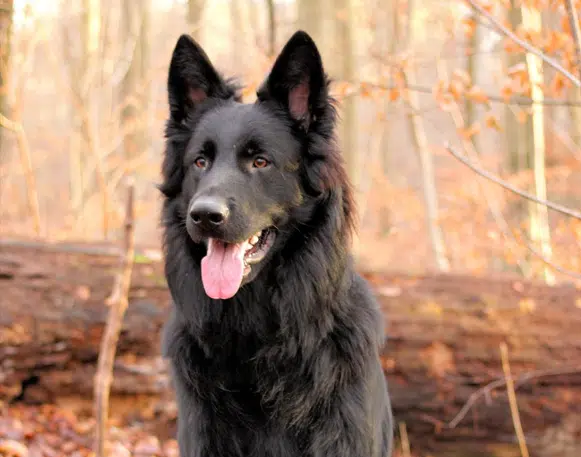
Temperament and Personality Traits
Black long-haired German Shepherds are known for their loyal, intelligent, and protective nature. Just like short-coated sable or tan German Shepherds, they make excellent guard dogs due to their strong instincts and unwavering devotion to their families. These dogs are also highly trainable, making them ideal candidates for various roles requiring specialized skills.
Despite the hardworking demeanor they’re born with, they also possess a playful and affectionate side. They thrive on human interaction and enjoy spending quality time with their families. Socialization from a young age is vital to ensure that these dogs grow up to be well-rounded, confident, and friendly.
In addition to their loyalty and intelligence, black long-haired German Shepherds are also known for their adaptability. They can quickly adjust to different environments and situations, making them suitable companions for families with diverse lifestyles.
Black long-haired German Shepherds are also highly perceptive and intuitive, allowing them to pick up on their owner’s emotions and respond accordingly. This quality makes them excellent therapy or emotional support animals for those in need of a comforting presence.
Despite their protective instincts, black long-haired German Shepherds tend to be gentle and patient with children when raised alongside them. However, it’s essential to teach children how to interact appropriately with dogs, ensuring safe and positive experiences for both the child and the canine family member.
The temperament of black long-haired German Shepherds is a harmonious blend of loyalty, intelligence, adaptability, and affection. With proper training and care, these remarkable dogs make loving companions who will stand by your side through thick and thin.

Health Issues Specific to Long-Haired German Shepherds
While black long-haired German Shepherds are generally a healthy breed, they can still be prone to certain health issues. The health problems commonly experienced by this breed aren’t dependent on the length or color of their coat.
Some of the most common concerns include:
- hip and elbow dysplasia,
- degenerative myelopathy,
- bloat,
- allergies (allergens can include certain foods, environmental factors like pollen or dust mites, and flea bites),
- pancreatitis,
- heart disease.
To prevent or manage these health issues in your long-haired German Shepherd:
- Schedule regular veterinary check-ups for early detection and treatment of potential health problems.
- Provide a balanced diet with high-quality, age-appropriate food to maintain optimal weight and overall health.
- Ensure your dog receives regular exercise to keep their joints and muscles strong and maintain cardiovascular health.
- Keep up-to-date with vaccinations and parasite prevention measures as recommended by your veterinarian.
- Be vigilant about potential signs of illness or injury in your dog, seeking prompt veterinary care if you notice anything unusual.
By taking these steps to monitor and maintain your black long-haired German Shepherd’s health, you can help them enjoy a happy, active life as a cherished member of your family.
Training Your Black Long-Haired German Shepherd
As intelligent and eager learners, black long-haired German Shepherds respond well to training when it’s consistent, positive, and engaging. Start training early in their lives to establish good habits and reinforce desired behaviors.
When training your black long-haired German Shepherd, it’s essential to create a structured and positive environment that sets them up for success. Here are some tips to help you effectively train your canine companion:
- Establish a routine. Consistency is key when training any dog, so try to create a daily routine that includes designated times for training sessions, exercise, and playtime. This structure will help your dog understand what is expected of them and reinforce good habits.
- Use positive reinforcement. Reward your dog for exhibiting desired behaviors by offering praise, treats, or playtime. This approach reinforces good behavior and encourages your dog to repeat it in the future.
- Be patient and persistent. Training takes time, and every dog learns at their own pace. If your German Shepherd struggles with a particular command or skill, be patient and continue working on it until they grasp the concept. Remember to keep training sessions short and engaging to maintain their focus and interest.
- Gradually increase difficulty. As your dog masters basic commands, gradually introduce more challenging tasks to keep them mentally stimulated. This can include teaching them tricks, practicing off-leash obedience, or enrolling them in specialized classes like agility or scent work.
- Socialize early and often. Expose your black long-haired German Shepherd to various environments, people, and other animals from a young age. This exposure will help them become more comfortable in different situations and reduce the likelihood of fear or aggression-related issues.
- Address unwanted behaviors immediately. If your German Shepherd exhibits undesirable behaviors like excessive barking or jumping on people, address the issue right away by redirecting their attention to an appropriate activity or offering a firm but gentle correction.
- Consider professional help if needed. If you’re struggling with training your dog or dealing with specific behavioral issues, don’t hesitate to seek assistance from a professional dog trainer or behaviorist. These experts can offer valuable guidance and support throughout the training process.
By following these tips and maintaining a consistent, positive approach, your black long-haired German Shepherd will develop into a well-trained, confident, and obedient companion. Remember that training is an ongoing process that not only teaches your dog good manners but also strengthens the bond between you and your beloved pet.
In Conclusion
If you’ve decided that a black long-haired German Shepherd is the perfect addition to your home, take the time to research reputable breeders who prioritize health and temperament in their breeding programs. Be prepared to answer questions about your lifestyle and living situation, as responsible breeders want to ensure their puppies go to suitable homes.
Alternatively, consider adopting a long-haired German Shepherd from a breed-specific rescue organization or local shelter. Many dogs in need of loving homes are waiting for their perfect family match — it could be you!
























